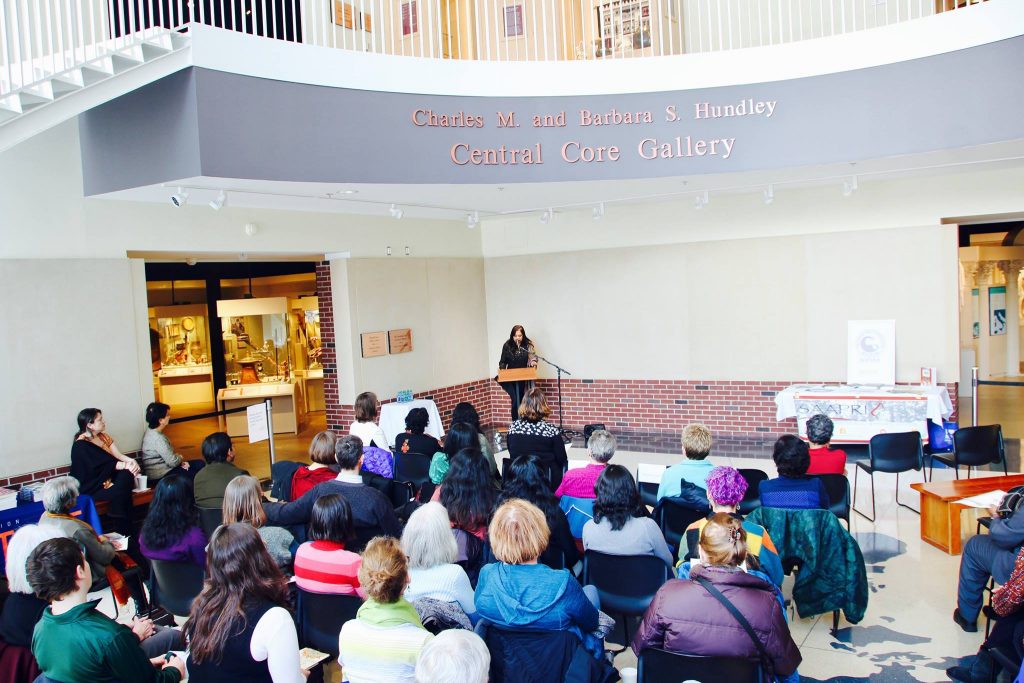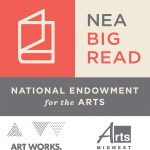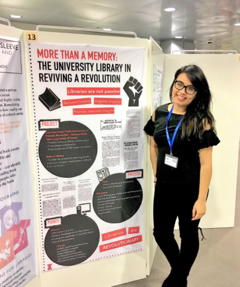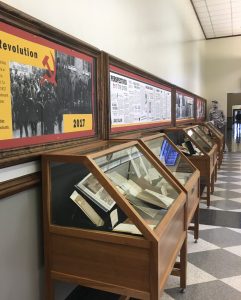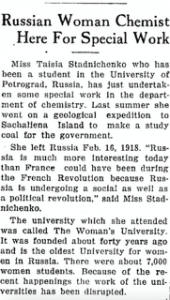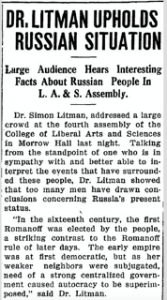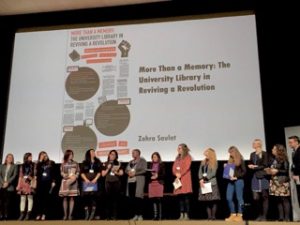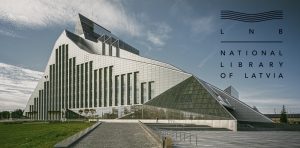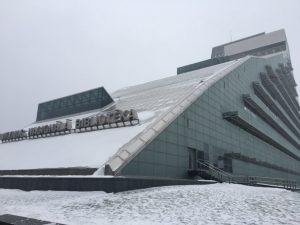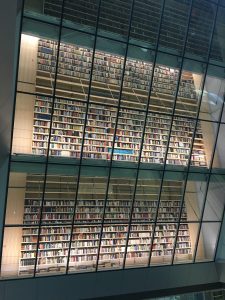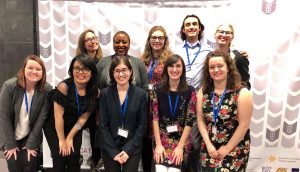Through the International Studies Research Lab (ISRL), the Center for Global Studies—in partnership with the International and Area Studies Library and collaborating centers—leverages the campus’ expertise and vast library resources to support the development of international and area studies programming in community colleges across the country, providing access to important US Department of Education Title VI resources to institutions and regions without direct access to these important grant funds. Programs like the ISRL constitute a true national resource that benefits community college students throughout the US.
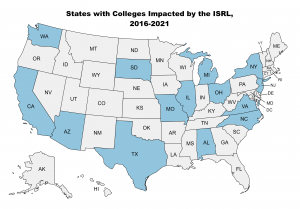 The 2021 ISRL, which took place this past summer, marked the lab’s sixth consecutive year. Following the precedent set in 2020, the 2021 ISRL was completely virtual. It was hosted by the Center for Global Studies (CGS) in collaboration with the International and Area Studies Library; co-sponsors included the Center for East Asian and Pacific Studies; the European Union Center; and the Russian, East European, and Eurasian Center.
The 2021 ISRL, which took place this past summer, marked the lab’s sixth consecutive year. Following the precedent set in 2020, the 2021 ISRL was completely virtual. It was hosted by the Center for Global Studies (CGS) in collaboration with the International and Area Studies Library; co-sponsors included the Center for East Asian and Pacific Studies; the European Union Center; and the Russian, East European, and Eurasian Center.
What is the ISRL? In a nutshell, it is an opportunity for community college educators to access the University Library’s vast collections—the largest of any public academic institution of higher education in the United States—and to consult with subject experts. Armed with these resources, ISRL participants join the lab with the intent to expand global studies curricula, improve their language programs, broaden the scope of their library collections, or further develop international education programs at their home institutions. The length of the ISRL has varied in the past, but this year, it lasted from May to the end of July. At the end of the lab, participants submit a final project. The projects take many forms; this year, participants submitted white papers, syllabi, teaching units, and bibliographies for library collection development.
The 2021 ISRL hosted 11 scholars from across the country in 2021—as far east as New York, as far west as Washington, and as far south as Texas. Their projects were all designed to benefit students at the scholars’ home institutions. For example, Dedric Lee created a teaching unit about the relationship between the US and Saudi Arabia. He plans to integrate the teaching unit into courses he teaches at Jefferson College in Missouri. Dr. Isabel Scarborough wrote a review about open-access textbooks at community colleges; she plans to use the findings to promote student success at Parkland Community College and develop an open-access Global Studies text. Stacye Fraser Thompson, drawing from her years of experience at Jefferson State Community College, composed a white paper about internationalizing curricula at community colleges. She hopes the paper will help administrators and educators around the US to prepare students for success in an increasingly globalized world.
In total, 9 finished projects were submitted for the 2021 ISRL. These are in addition to projects submitted from past labs, all of which are free to download from IDEALS, the university’s institutional repository. Through IDEALS, ISRL projects are discoverable through various search platforms, including Google Scholar and the University of Illinois’ online catalog. In total, ISRL projects have been downloaded over 18,000 times, and the number only continues to grow.
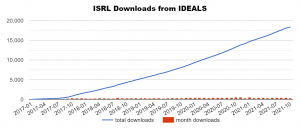 During the 2021 lab, CGS provided ISRL scholars with more opportunities to connect with each other than in the past. Some participants regularly attended a weekly “coffee hour,” and others communicated via email after meeting during the lab orientation or the final workshop. CGS hopes to optimize the lab’s structure in the future to continue encouraging these interactions. Future plans include reintroducing an in-person component while still offering opportunities for virtual-only participants.
During the 2021 lab, CGS provided ISRL scholars with more opportunities to connect with each other than in the past. Some participants regularly attended a weekly “coffee hour,” and others communicated via email after meeting during the lab orientation or the final workshop. CGS hopes to optimize the lab’s structure in the future to continue encouraging these interactions. Future plans include reintroducing an in-person component while still offering opportunities for virtual-only participants.
Despite the abrupt transition to a virtual lab format in 2020 and 2021, ISRL scholars continue to voice positive feedback about their ISRL experiences. In this year’s anonymous post-lab survey, one scholar wrote, “This was a great program, and I learned a lot from the other programs and ideas that other participants presented. It was exciting to see the robust ideas circulating among community college faculty.” Another said, “The course [I] designed in the ISRL has expanded our Global Studies Program and has shown the administration that not only is there support, but desire for additional Global Studies curriculum in the faculty.”
More information about the ISRL, along with a list of 2021 ISRL fellows, is available on the CGS website. For notifications about announcements about next year’s lab, please subscribe to the ISRL mailing list. If you have any questions, please email the Global Studies Librarian, Dr. Steve Witt, at swwitt@illinois.edu.
The International Studies Research Lab is made possible through Title VI funds provided by the US Department of Education.


